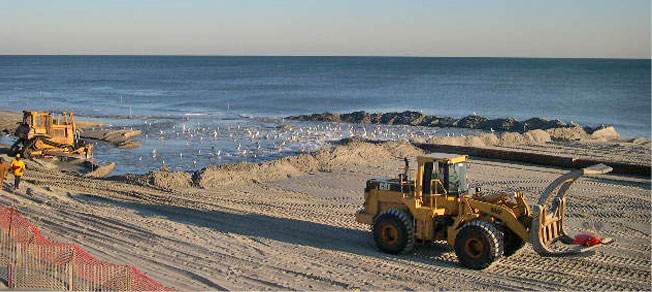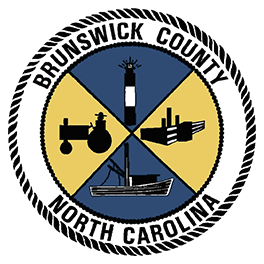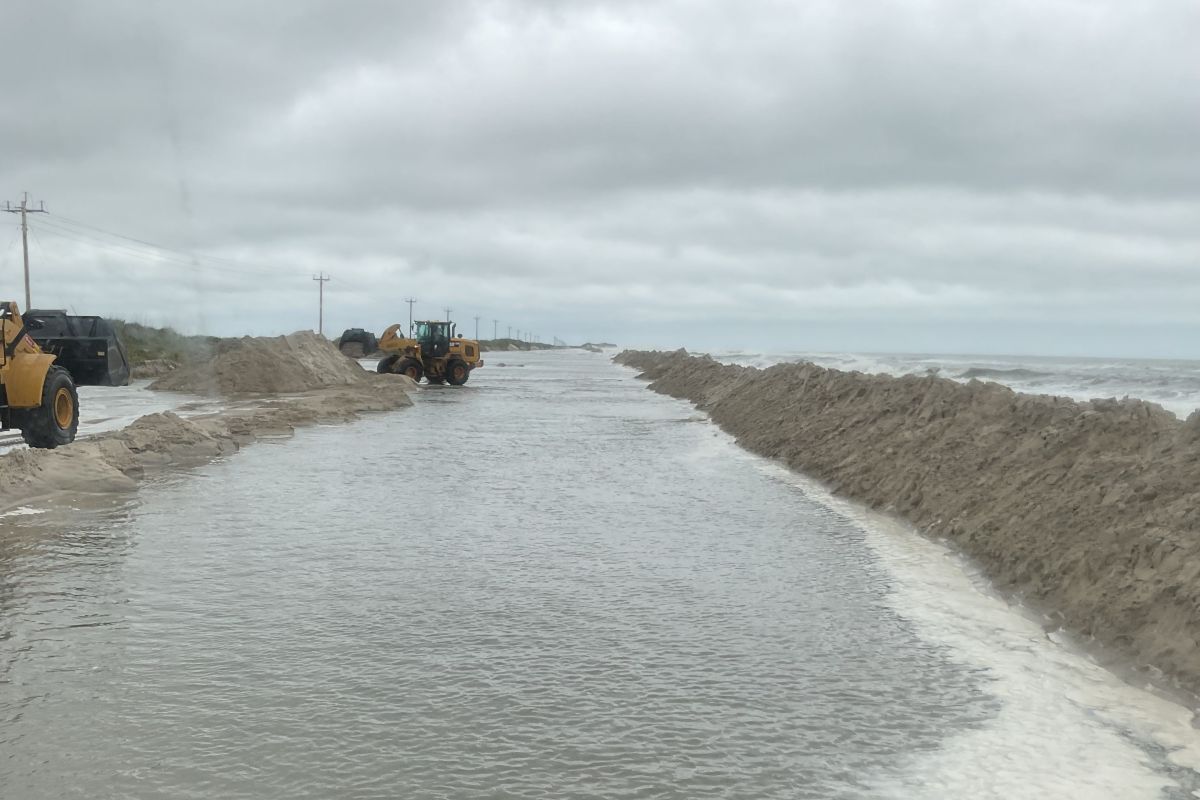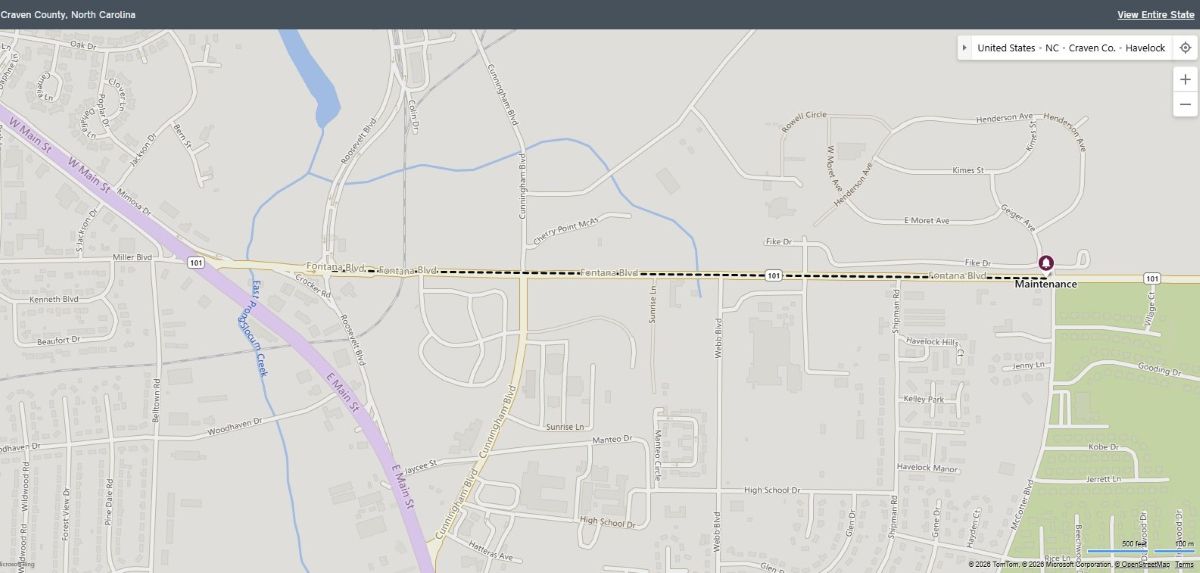
RALEIGH – State officials say they are taking a new approach to expedite the permitting process for certain coastal projects.
The Division of Coastal Management, in cooperation with the U.S. Fish and Wildlife Service and the Army Corps of Engineers, recently developed a Statewide Programmatic Biological Opinion that officials said should streamline part of the permitting process for beach re-nourishment projects. The North Carolina Department of Environmental Quality announced the changes Thursday.
Supporter Spotlight
This new approach regarding the consideration of threatened and endangered species is to make the planning and permitting of many beach projects more straightforward, particularly following the 2014 designation by the Fish and Wildlife Service of several coastal beaches in North Carolina as “critical habitat areas” for the threatened loggerhead sea turtle under the federal Endangered Species Act.
“Local governments were concerned that new critical habitat designations would further delay beach projects,” said Braxton Davis, Division of Coastal Management director. “This new approach should cut permitting timelines and reduce costs for routine beach projects.”
The statewide biological opinion will eliminate the requirement for the preparation of individual, project-specific assessments and case-by-case federal reviews of many sand placement projects in North Carolina, according to DEQ. This should result in reduced permitting timelines and cost savings for locally sponsored and federal beach nourishment projects, while continuing to ensure protections for threatened and endangered species. The coast-wide biological opinion outlines specific project designs, mitigation measures and monitoring requirements that would need to be met for a typical beach nourishment project.
“Expediting reviews of the more routine beach nourishment projects will result in better environmental outcomes overall by allowing agencies to focus limited resources on the more challenging issues facing our coast,” said Pete Benjamin, field supervisor in the Raleigh office of the Fish and Wildlife Service.
Bob Keistler, a chief with the Corps, added, “From our perspective, this programmatic approach to corps projects means that coordination timelines and associated costs can be avoided, and that should lead to a more efficient use of our project funds.”







